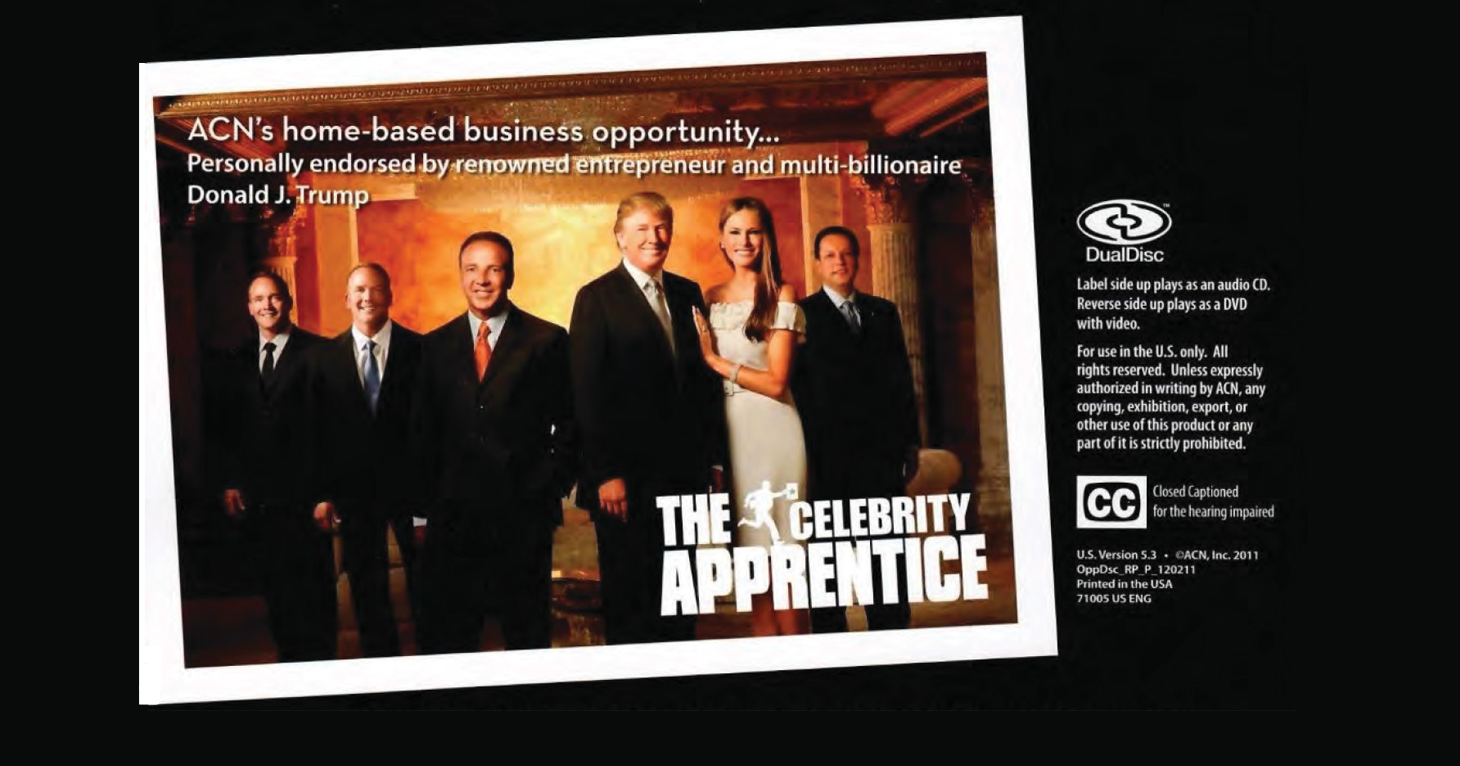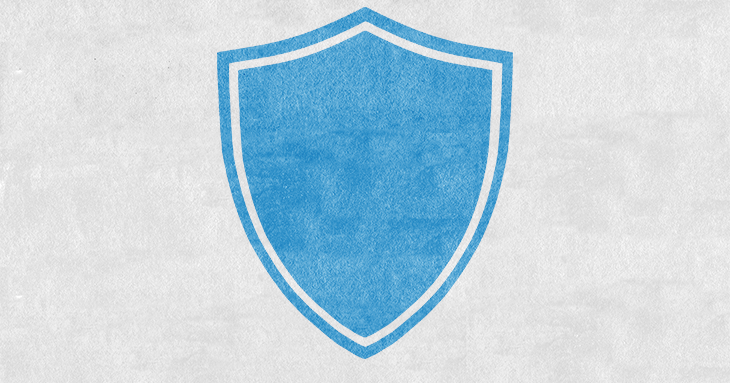
Trump’s MLM Pitch Misled Consumers, Lawsuit Says
Complaint alleges Trump secretly received millions of dollars in payments while deceptively marketing ACN.
Some journals are misleading scientists who think they are submitting their work to prestigious publications and conferences when in reality they are submitting to pseudo-academic imitators, according to a report by the New York Times. This can be a problem because scientists can end up with unexpected bills from hidden publication fees and damage their reputations as legitimate scholars.
The journals use names that sound scholarly, like International Journal of Biomedical Science or American Journal of Phytomedicine and Clinical Therapeutics. Some of the titles sound almost but not quite exactly the same as more established titles. For example, some scientists accidentally agreed to appear at the Entomology-2013 conference instead of the Entomology 2013 conference. The only clue that Entomology-2013 was not the conference they were looking for was the extra hyphen.
Others can’t even be bothered with extra punctuation and copy titles word for word. According to Nature,
Two reputable European science journals have fallen prey to identity theft by criminals who have created counterfeit journal websites. These online doppelgängers have duped hundreds of researchers into paying author fees, with the ill-won gains being funnelled to Armenia…The crooked websites are masquerading as Archives des Sciences, a multidisciplinary journal founded in 1791 and published by the Society of Physics and Natural History of Geneva (SPHN) in Switzerland; and Wulfenia, a botany journal published by the Regional Museum of Carinthia in Klagenfurt, Austria.
The hidden fees for publication in the imposter journals can be very high, and difficult to escape from even once victims have realized their mistake. According to the New York Times article,
Paulino Martínez, a doctor in Celaya, Mexico, said he was gullible enough to send two articles in response to an e-mail invitation he received last year from The Journal of Clinical Case Reports. They were accepted. Then came a bill saying he owed $2,900. He was shocked, having had no idea there was a fee for publishing. He asked to withdraw the papers, but they were published anyway.
Are you a scientist looking to submit your work to a journal? Jeffrey Beall, a research librarian at the University of Colorado in Denver, has compiled a list of suspicious titles. Nature also has a checklist that provides tips for investigating whether a reputable company publishes a journal.
Complaint alleges Trump secretly received millions of dollars in payments while deceptively marketing ACN.
Experts weigh in on how to avoid being a victim of these latest campus scams.
The bottom line: Earning a degree takes work.


